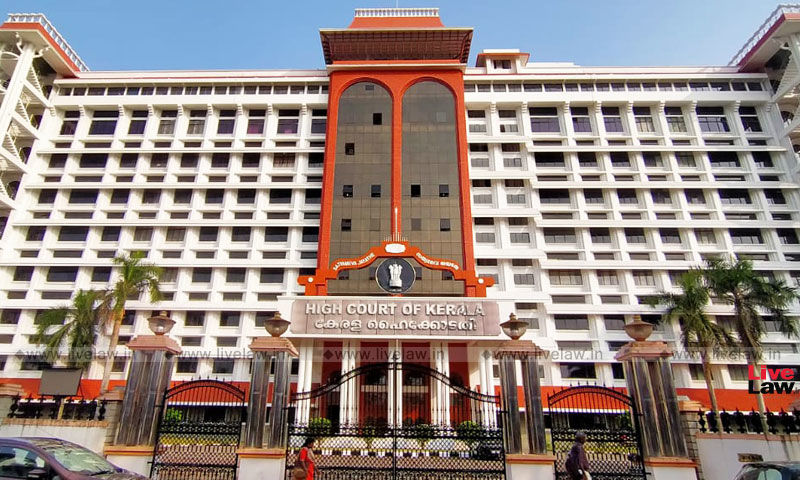Gold Smuggling Not "Terrorist Activity" Under UAPA Though It Threatens Economic Security Of Nation : Kerala High Court
Hannah M Varghese
3 Nov 2021 9:14 AM IST

Next Story
3 Nov 2021 9:14 AM IST
The Kerala High Court on Tuesday ruled that, while gold smuggling could threaten the economic security of a country, the same is not covered by the provisions of the Unlawful Activities (Prevention) Act. A Division Bench of Justice K Vinod Chandran and Justice C Jayachandran made the observation while granting bail to prime accused Swapna Suresh and seven others in the gold smuggling case...
